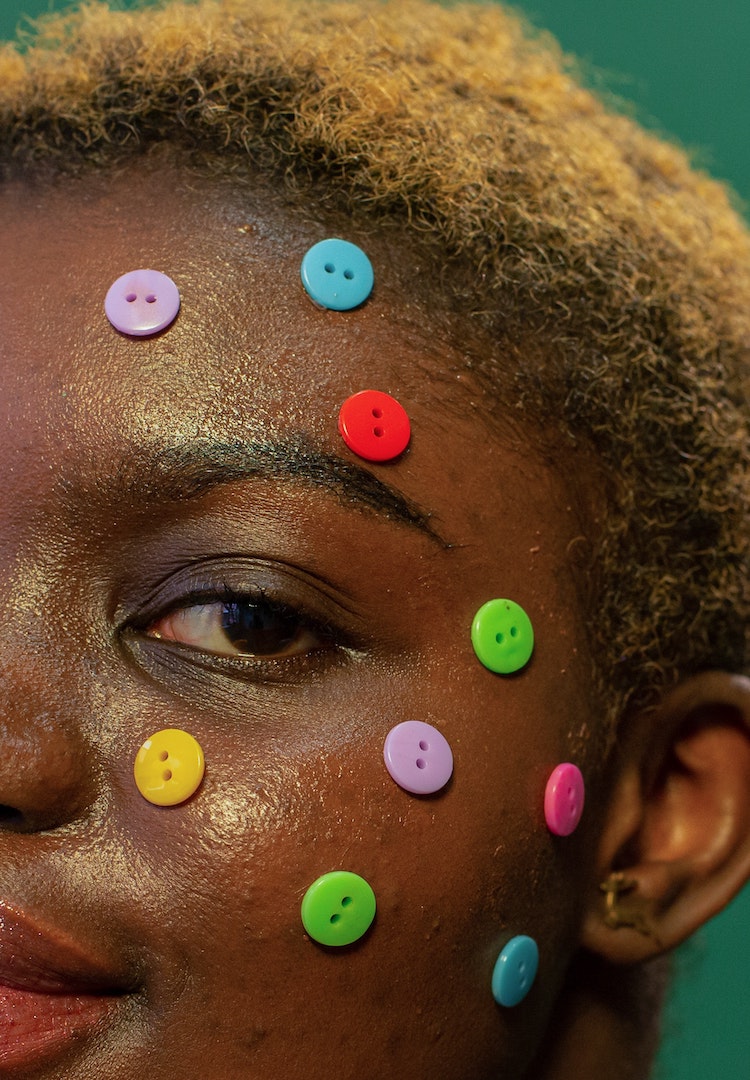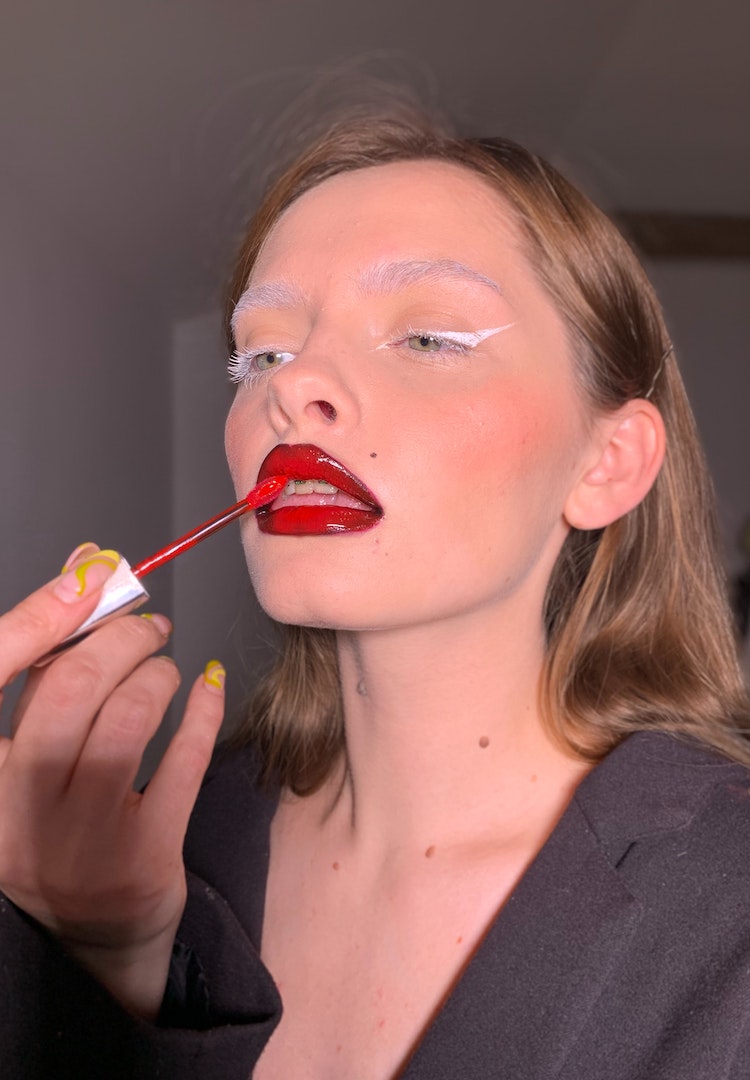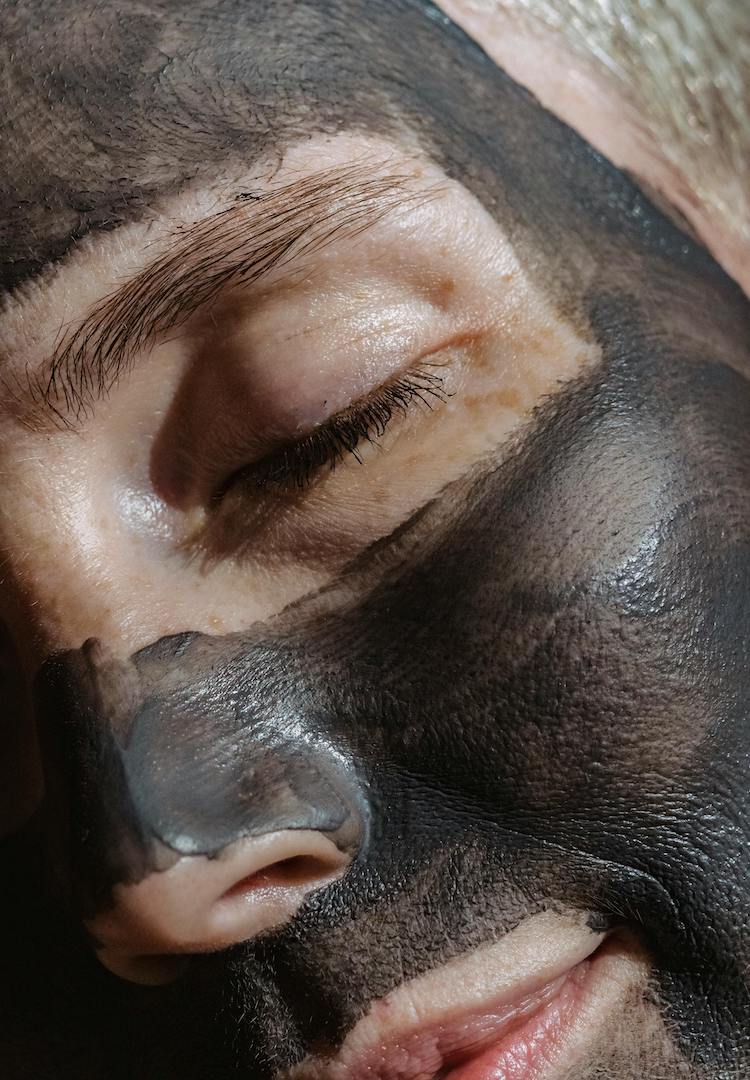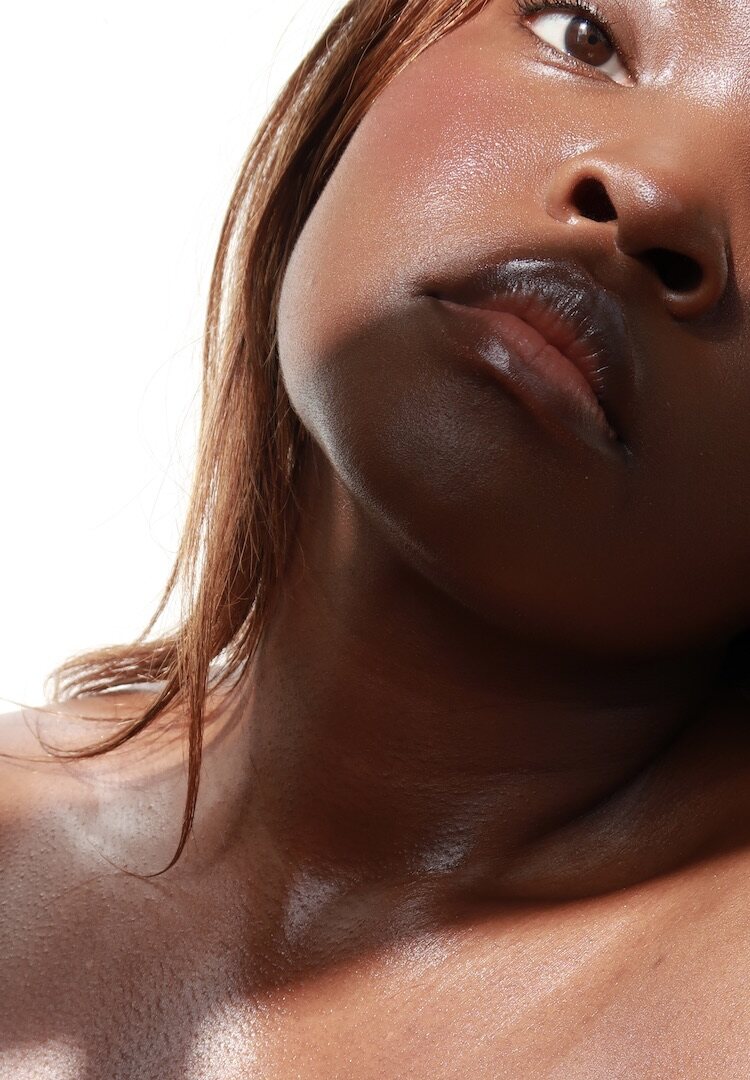What to know before starting Accutane
WORDS BY MARIA SAVAGE
“There is a real art to how it is prescribed.”
When you find a medical professional who not only listens to your concerns but also comes up with a solution, it’s hard not to imagine some sort of angelic, ethereal light gleaming behind them as they walk into the treatment room. At least, that’s how I felt at 17 when I had reached the one-year mark of my Accutane treatment. My skin was as clear as day after years of struggling with cystic acne. As much as this probably sounds like a plug (it’s not), my dermatologist at the time saved my self-confidence in high school.
One of the hardest parts of hitting puberty and developing as a young adult is all the lumps and bumps that come along with it. In my case, it was big boobs and BIG pimples. Everywhere. I had what was called nodulocystic acne – a form of acne comprised of large, painful cysts that sit under the skin. It covered my back, chest and neck.
We like nosy people. Don’t be shy, head to our Beauty section for more.
What frustrates me as I look back on my 15-year-old self is how much the beauty industry preyed (and still does!) on acne sufferers with skincare that makes false promises and costs a fortune. I had a casual job in high school working at McDonald’s, and so much of my money went towards face masks, cleansers, creams and potions that made me believe after a few weeks, my skin would be as clear as Miranda Kerr’s on that month’s cover of Cosmopolitan magazine (spoiler: it wasn’t).
View this post on Instagram
If your skin is impacting your confidence in such a way that you’re feeling downright miserable, this might be your sign to see a dermatologist. My biggest piece of advice for acne sufferers (as someone who has gone through the Accutane journey) is to bypass the aestheticians and the beauty and dermal therapists.
Instead, head straight to your doctor and get a referral for a dermatologist. Long term, this will save you time and money. Instead of going into your local makeup shop or beauty clinic for wishy-washy recommendations not individually tailored to your skin, see someone who is registered as a health practitioner.
As positive as my experience was with Accutane, it’s still a drug that needs to be taken very seriously. Understandably, many people have a lot of questions about it. I spoke with Melbourne-based dermatologist Dr Shammi Theesan from Ode Dermatology to help clear the air (and skin) on Accutane.
In Australia, why is Accutane only available through a dermatologist?
In most countries, Accutane is only available through a dermatologist because it is a potent medication, and does have lots of side effects. [As dermatologists], we are the skin specialists; we are experts at anything skin-related, and [in] cases where it is prescribed (acne and rosacea) there is better policing of the dosages and a better knowledge of the potential side effects.
The most important thing is we know how to initiate it [with] the patient, as everyone is different. There is a real art to how it is prescribed, and this can vary depending on the type of acne that you have, and how inflamed your skin is. [Dermatologists] are here to mitigate the side effects and make that journey worthwhile. The main side effect of Accutane is teratogenicity, which means if a [woman] is taking Accutane and falls pregnant within one month of starting or stopping the medication, abnormalities and defects to the foetus can occur, which then becomes very distressing.
What would you say to someone who has reservations about taking Accutane and is fearful of the potential side effects?
Once you are in the hands of a specialist dermatologist and they feel that you will benefit from it, take the plunge! We know how much benefit you can get in terms of permanent fixing of your acne or rosacea [and] treating the inflammation and scarring.
Rest assured, we now have smaller dosages of Accutane that we can use, and we now know that prolonged therapy (as opposed to short, heavy doses) gives you a long-term benefit. There is no other drug for acne that can give you that permanent clearance [of skin] when your acne is severe. We have all the latest tools in terms of skincare strategies and laser strategies to make sure that journey is easy.
How does Accutane work when you have severe acne, and what can be expected to happen when one initially starts Accutane? Is it an instant cure?
Accutane reduces sebum production. The natural oils we produce by our sebaceous glands… [are] regulated and also shrunk long-term. [This] reduces follicular occlusion, which results in less debris and [fewer] skin cells getting trapped in that pore [which is the cause of inflammation]. It has also been shown to inhibit or recalibrate the growth of the wrong types of bacteria on the skin. It [also] has anti-inflammatory properties… when you reduce inflammation in your skin, you are going to get [fewer] breakouts and redness.
[When you begin the treatment] you can get a slight worsening of the acne – don’t freak out! There is a real art to how we [as dermatologists] introduce it and it might be that we reduce the frequency of how often it is taken. I always recommend my patients take it with a fatty meal because it is a fat-soluble vitamin, so the good fats will improve its absorption. Is it an instant cure? No, it is something you take on a low dose for six to nine months to reset the skin.
Would you say it works for most clients you prescribe it to?
Yes, it’s a very effective medication when used [correctly] and we know how to use it in different forms of dermatological conditions. I would say the satisfaction rate is probably about 98 to 100 per cent.
What are your biggest tips and recommendations for Accutane usage regarding skincare, diet and overall lifestyle choices?
Use a very gentle, creamy cleanser once a day at night. Taking [Accutane] with a bigger meal is best, [as is] taking it at the same time each day. [A lot of] this can depend on the side effects. The side effects can range from gastrointestinal upset, initial [skin] purging [and] sun sensitivity (make sure you’ve got the right zinc sunscreen so that you’re not getting caught out and getting a sunburn).
Diet and lifestyle measures make a difference too. Reducing sugar intake, [consuming] less dairy, less gluten and focusing on a healthy gut microbiome will complement the efficacy you are going to get from Accutane. [As the dermatologist], I might introduce a gentle lactic acid moisturiser so that you get constant exfoliation of the debris and congestion in your pores. Looking into some skin healing lasers and LEDs so that you can get the best result is also another thing to consider.
People worry about the mood side effects (suicidal thoughts, depression and anxiety) – this is extremely rare, about one in 300,000 people per patient population. This is about reducing the fear-mongering, seeing a specialist that knows how to use it in conjunction with other treatments and understanding that Accutane is one of the many things used in the tools of dermatology.
To hear more from Dr Shammi Theesan, head here.













